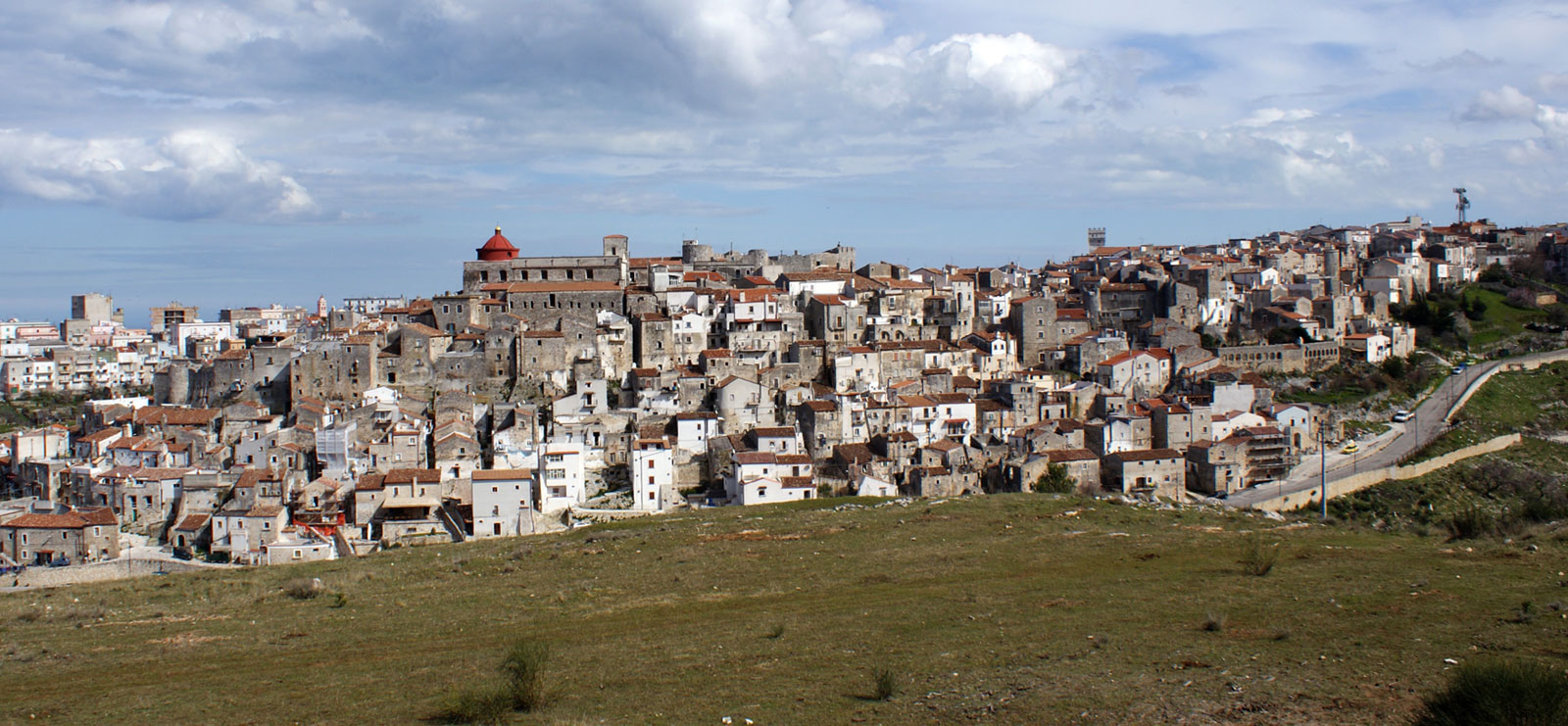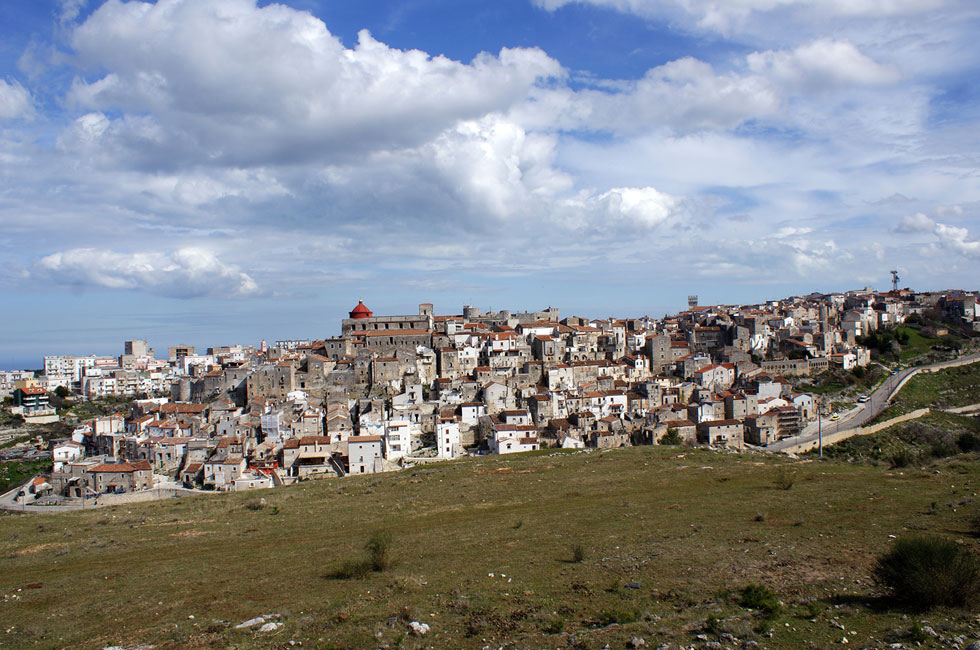





"The true land of Apulia is archaic, not backward, but rather immemorial". This is how the great anthropologist and art critic Cesare Brandi described it during his trip to Apulia.
Immerse yourself in close contact with local communities, listen to their stories, join in the processions, experience first-hand the hospitality of our people and be swept away by the strong pathos that surrounds and moves everyone. Tradition, folklore, art and spirituality create a rich calendar of emotional events that in Apulia, from January to December, for their historical, cultural and anthropological characteristics, will make you live a unique and unforgettable experience.
From the Easter processional events of “Pasqua in Puglia” (Easter in Apulia) (www.settimanasantainpuglia.it) to the rich calendar of celebrations for the patron feasts of the “Patroni di Puglia” (Patrons of Apulia) (www.patronidipuglia.it), from the magic of “Natale in Puglia" (Christmas in Apulia) (www.nataleinpuglia.it) to the “Luoghi dell’Anima” (Places of the soul)of the Via Francigena and the places of worship, from the food and wine of Puglia Rurale (Rural Apulia) to the splendid Dimore Autentiche (Authentic Dwellings) to live and discover that which is the "anima dei luoghi” (soul of the places).
Apulia is a place where every traveller perceives the richness of its antiquity, walking through the alleys of the historic centres, and that hold in their memory vivid colours never before seen: the deep blue of the sea, the green of the olive groves and vineyards, the ruby red of ripe tomatoes, the gold of wheat, the pure white of milk. Yet it is not just nature that inspires the imagination of those who venture to discover these places.
Maybe it's the great cathedrals or the glitter of silver in the churches, perhaps the intense red and black of the ceramics of Magna Graecia or the stories, the legends that link this corner of the South to the heroes and gods. The journey to discover authentic Apulia starts from the Holy Mountain, the Gargano and the Daunia.
At Monte Sant’Angelo everything revolves around the figure of the Arcangel Michael, with a sanctuary of mystic atmosphere. In the cathedrals of Lucera and of Troia, the only one in the world decorated with an enormous eleven-petalled rose window, wonder reigns in the face of man’s ingenuity. From the mountain to the sea, the view sweeps out to the horizon on the promontories of Vieste, where Pizzomunno still tells of his love, Peschici, and from the plain where Manfredonia is located, a city founded by the son of Stupor Mundi.
Imperial Apulia is full of extraordinary places, such as Castel del Monte, a building built by Frederick II that dominates a hill surrounded in mystery and which is inserted into the circuit of the Norman-Swabian-Aragonese castles of the Adriatic coast, such as those of Barletta, Mola di Bari and Monopoli together with the important archaeological excavations of the ancient Canusium (Canosa di Puglia).
Bari and the Coast with its churches dedicated to saints who have come from afar, such as the cathedral of Trani, the ancient "Duomo" in Molfetta and the Basilica of Saint Nicholas in Bari.
Bitonto embodies the passing of time, with ancient testimonies to the splendor of the Peucetian civilization, up to the more mature expression of the Romanesque in its majestic cathedral. The journey continues to Conversano, where legendary historical figures have left an indelible mark of their passage, leading us to the trulli of Alberobello and the modern ceramics of Grottaglie, and the ancient and precious ones preserved in Taranto, in the National Archaeological Museum.
And finally we arrive in Salento, dominated by Lecce, embellished by Otranto and its cathedral dedicated to the eight hundred martyrs, to rejoice with the beautiful ancient city, Gallipoli, and be amazed by the story painted in the most important church of Galatina.
From the coast to the Murgia, a trip to Apulia has the taste of discovery.
It's Authentic Apulia: what are you waiting for?